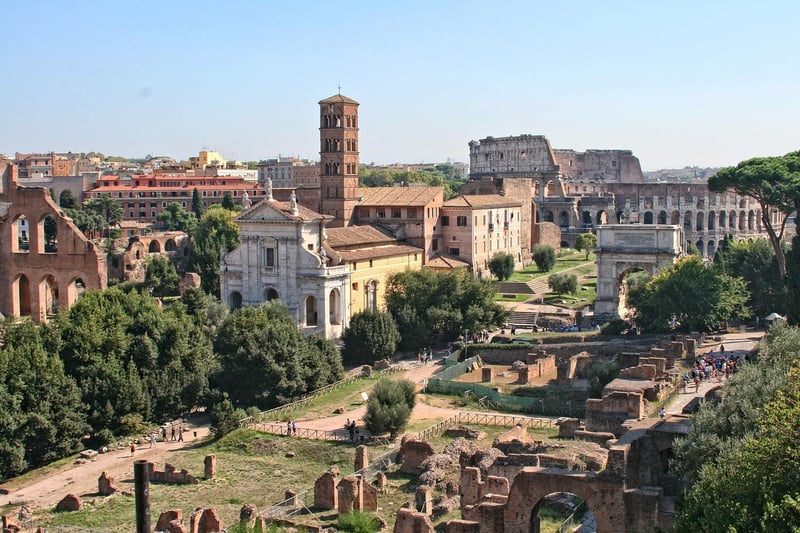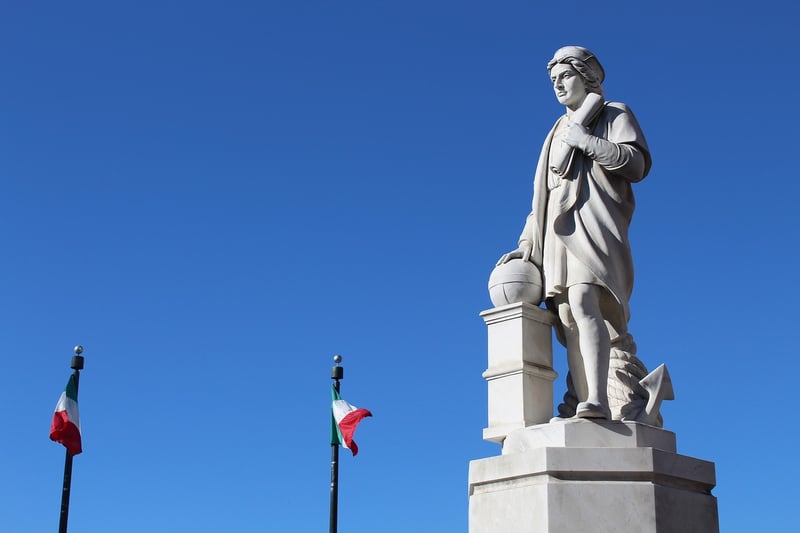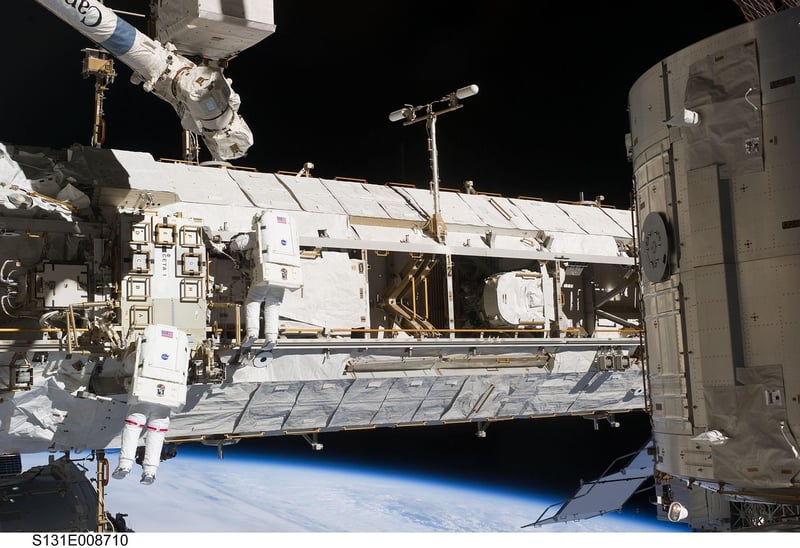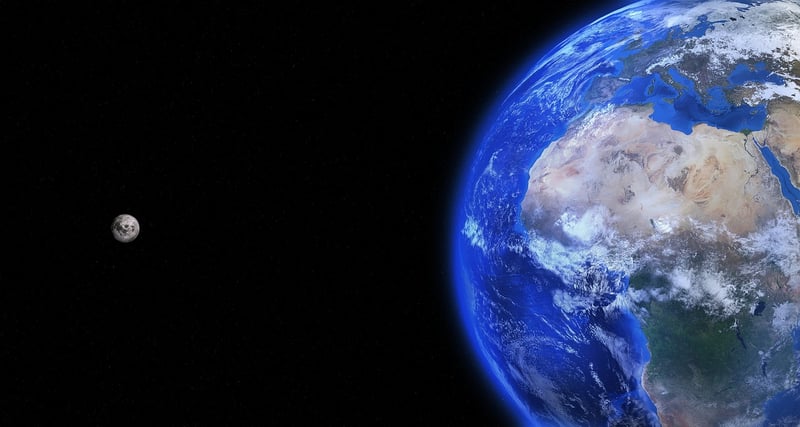Future Exploration
Exploring Different Eras and Future Exploration
Introduction
Exploration has been a fundamental aspect of human history, driving us to discover new lands, cultures, and ideas. From ancient times to the modern era, exploration has shaped our understanding of the world. Let's delve into the exploration of different eras and what the future holds for exploration.
Ancient Exploration
Ancient civilizations like the Phoenicians, Greeks, and Romans were renowned for their seafaring explorations. They ventured into uncharted waters, establishing trade routes and expanding their empires. The discovery of new lands and resources fueled their growth and influence.

Age of Discovery
The Age of Discovery in the 15th to 17th centuries marked a significant period of exploration. Explorers like Christopher Columbus, Vasco da Gama, and Ferdinand Magellan set sail to find new trade routes and lands. Their voyages connected the world and led to the exchange of goods, ideas, and cultures.

Modern Exploration
In the modern era, exploration expanded beyond Earth into space. The Space Race between the USA and the USSR during the Cold War led to significant achievements like the moon landing. Today, space agencies like NASA and private companies continue to push the boundaries of space exploration.

Future of Exploration
The future of exploration holds exciting possibilities. Advancements in technology like robotics, artificial intelligence, and virtual reality are revolutionizing how we explore. From deep-sea exploration to Mars colonization, humans are poised to embark on new frontiers in the coming years.

Conclusion
Exploration has been a driving force in human progress, leading to discoveries that have shaped our world. As we look to the future, the spirit of exploration continues to inspire us to push boundaries and seek new horizons, both on Earth and beyond.
Let's embrace the spirit of exploration and embark on a journey of discovery!
